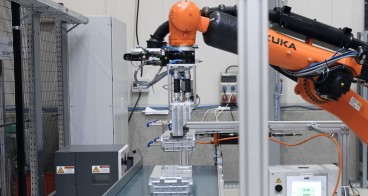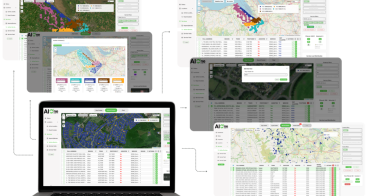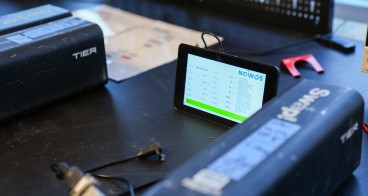Greece-Ioannina: Data collection and environmental impact monitoring to create behavioural change
Background
Background
Ioannina is the capital and the largest city of Epirus, a north-western region of Greece. Ioannina has a small, inhabited island within its area, which includes the so-called lake Pamvotis where there are regular transportation services, using small boats, between the island and the city, with an important presence of tourists. Moreover, the lake “attracts” activities such as sports, livestock farming or agricultural ones.
The Municipality aims to make this lake as green as possible, in collaboration with the island’s local community, as well as other stakeholders with activities in the lakeside area, improving the behaviour of various target groups (tourists, residents, businesses, farmers etc.).
Expected outcome
As there is no data to monitor the impact of urban wastewater and rainwater runoff on the lake’s water quality and ecosystem, the gap to fill in is to collect this data and develop some kind of monitoring tool to assess the current situation and see how anthropogenic activities are turning the lake into a greenhouse gas emissions production plant. A possible solution could be a combination of data collection, environmental impact monitoring, and behavior change aimed at tourists or other stakeholders such as small boat owners, hotels, restaurants, farmers, livestock owners etc.
Additionally, based on data about the factors of human activity that turn the lake into a greenhouse gas factory, an application could be developed that will be used by tourists visiting the islet and the area surrounding the lake, restaurants, hotels, or other businesses and residents of the same place, etc. and figure out their footprint in the lake’s greenhouse gas emissions factory, based on their choices, like waste management, transportation, food management, agricultural activities, lake sports, etc.
The gathered data could be available to the Municipality for decision-making based on data for the protection of the lake’s ecosystem and reducing the carbon footprint of the City. Also, our goal is to establish a co-creation mechanism that will support a systematic and productive collaboration of all local stakeholders.
In parallel, pilot applications of innovative technical solutions which contribute to the improvement of the water quality are also desirable e.g. water filtering of shallow eutrophic lakes, recycling/cleaning/removal of sediment, absorption of phosphorus /nitrogen and circular economy, barriers/collectors for organic load transported by rainwater runoff.
Published on 18 August, 2023.






